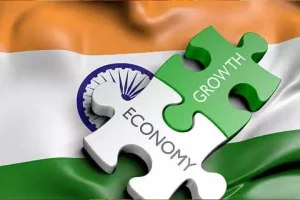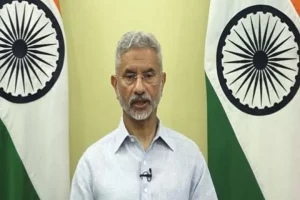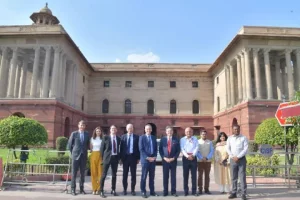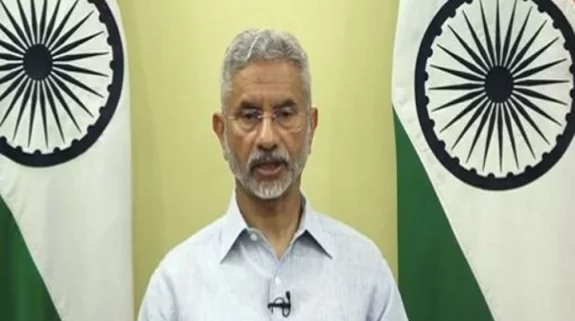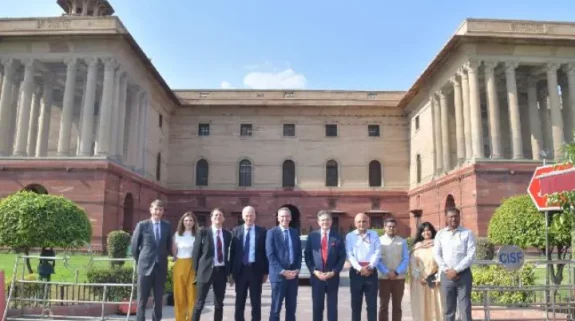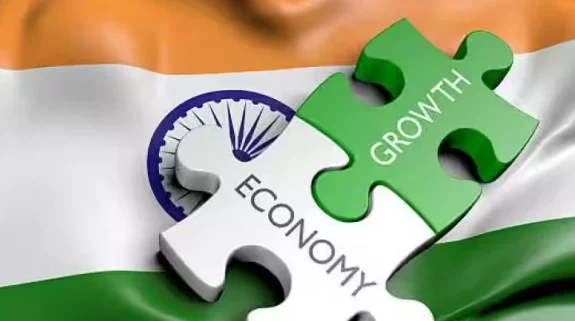Scientists at the International Advanced Research Centre for Powder Metallurgy and New Materials (ARCI) in their recent study utilized an environmentally benign thermal gelation property of methylcellulose (MC) for shaping of ceramics through 3D printing, according to an official press release.
The ARCI is an autonomous R&D centre of the Department of Science & Technology.
Ceramic parts are generally produced from powder formulations with additives using various shaping processes followed by post thermal treatments. Most of the high-end applications require complex geometries with micro-features, which is a major limitation of ceramic shaping process. Further, machining of ceramics to achieve close dimensional tolerances is also extremely difficult due to their hardness and brittle nature.
The 3D printing process based on the virtual design dictating the nozzle path for printing layer-on-layer within close tolerance offers new possibilities for near-net shaping. However, the 3D process is only a shaping procedure, and the property of the final part strongly depends on composition and microstructure, which are dictated by the thermal processing after printing. Hence, the optimization of processing parameters with respect to flow properties and tailoring of defect-free microstructures have been challenging.
The ARCI team used the thermal gelation property of MC, a chemical compound derived from cellulose used as a thickener and emulsifier in various industrial products like paints and demonstrated the 3D printing of advanced ceramics with MgAl2O4 spinel. In this process, they have employed a simple and eco-friendly heating technique, unlike UV based methods, which may have various environmental impacts.
“3-D printing using inexpensive printers is a huge business opportunity in point-of-use and distributed manufacturing in almost any sector which can be harnessed by MSMEs. Techniques that make the printing possible with different materials (plastics, ceramics, metals) with desired properties are in huge demand,” said Prof. Ashutosh Sharma, Secretary, DST..








